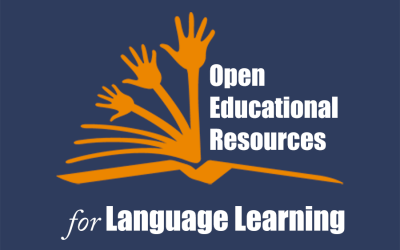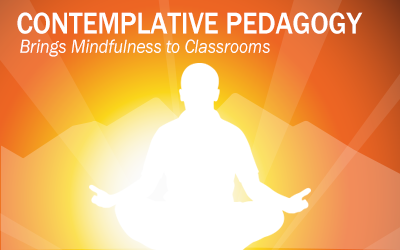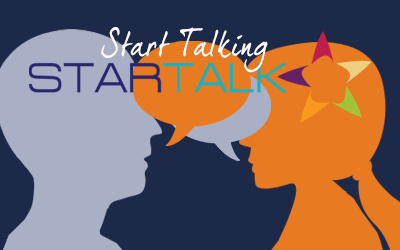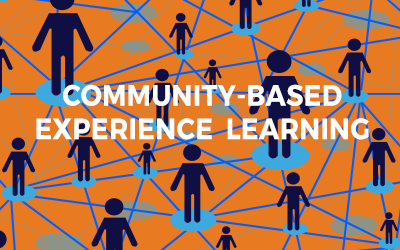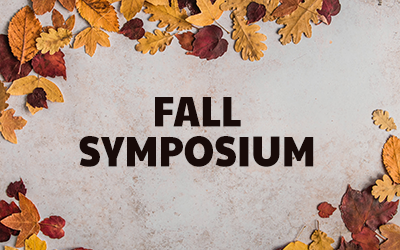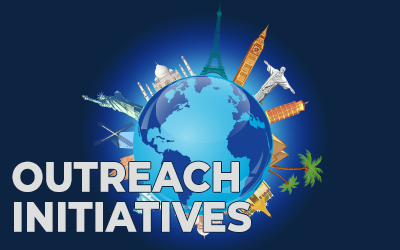Open Educational Resources for Language Learning (OERLL)
The Institute of World Language (IWL) aims to promote and support Open Educational Resources for Language Learning (OERLL).
UVA, Duke, and Vanderbilt LCTLs Initiative
The Consortium for Less Commonly Taught Languages (LCTLs) is an initiative among University of Virginia (UVA), Duke University, and Vanderbil
Contemplative Pedagogy Brings Mindfulness to Classrooms
For many years, faculty in the IWL community have incorporated Contemplative Pedagogy in language teaching and learning and have yielded frui
UVA STARTALK Prepares Language Educators to Teach Online
The Virginia STARTALK Chinese Teacher Academy, developed and directed by Miao-fen Tseng, has received up to 1.5 million sinc
Language Learning ePortfolios
In 2014, colleagues from French and Spanish initiated a project to integrate ePortfolio pedagogy in beginning and intermediate la
Community-based Experience Learning Makes a Difference
Faculty in Chinese, French, Spanish, Swahili, and teaching English as a second language have created a wide spectrum of community
Roundtable Series on Language Teaching and Learning
With a Grant for Learning awarded in Spring 2012, Emily Scida (Department of Spanish, Italian & Portuguese) spearheaded a ser
Speaker Series
The Speaker Series creates an interactive platform for nationally and internationally renowned scholars and researchers to share
Fall Symposium
IWL has currently hosted two fall symposiums, the first on October 31, 2012 and the second on October 30, 2015.
Faculty Retreat
The Faculty Retreat, newly launched in Spring 2015, aims to bring world language and literature faculty to a relaxing and thought
Language Forward Initiatives
The IWL received a grant from Jefferson Trust to launch the Language Forward Initiative in 2018 fall.
Outreach Initiatives
The College of Arts and Sciences encourages faculty and students to link their academic experiences at the university to initiati
